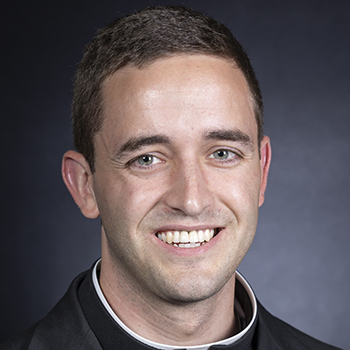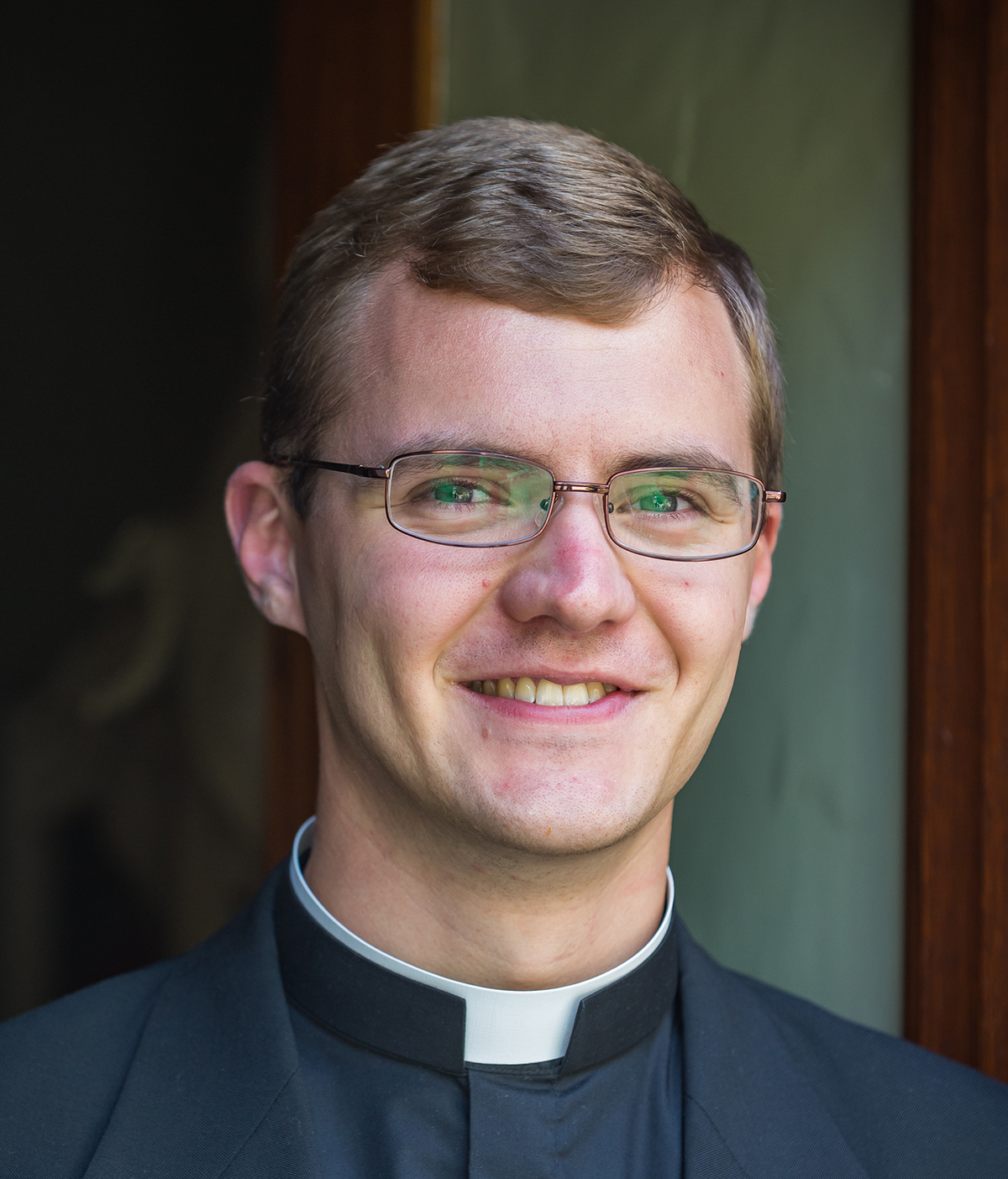DEAR FATHER | We must pray for all and trust that God desires salvation for everyone
I want to believe all people automatically go to heaven, but I’m not certain. How does judgment in the afterlife actually work?

Jesus’ most definitive teaching on the afterlife is contained in the parable of the sheep and the goats. In this teaching, He speaks with great clarity about both heaven and hell: “Then the King will say to those on His right, ‘Come, you who are blessed by my Father, inherit the Kingdom prepared for you from the foundation of the world,’” yet to those who rejected Him, “The King will say… ‘Depart from me, you accursed, into the eternal fire prepared for the devil and his angels’” (Matthew 25:34, 41).
It is clear that Jesus speaks both of heaven and of hell as real possibilities. The Catechism of the Catholic Church explains how hell is possible: “[Mortal sin] results in the loss of charity and the privation of sanctifying grace, that is, of the state of grace. If it is not redeemed by repentance and God’s forgiveness, it causes exclusion from Christ’s kingdom and the eternal death of hell, for our freedom has the power to make choices forever, with no turning back” (CCC, 1861). The gift of human freedom can be a terrifying thing when we realize that the same gift that opens the possibility of eternal love also makes us capable of eternally rejecting love, which is hell.
However, to hopefully give some peace to your heart, I’d invite you to consider how the Scriptures direct our attention in the matter of judgment and the afterlife. Jesus made it clear that it is not our role to meddle in the judgment of others: “Judge not, and you will not be judged. Condemn not, and you will not be condemned. Forgive, and you will be forgiven” (Luke 7:37).
We are called to forgive and withhold judgment against any particular person while praying for them to embrace God’s merciful love. St. Paul elaborates, “I ask that prayers… be offered for everyone… This is good and pleasing to God, who wills everyone to be saved and to come to the knowledge of the truth” (1 Timothy 2:1-4).
We must pray for all and trust that God’s desire for their salvation far surpasses our own, so we can trust Him to act.
How, then, does judgment work? I often go to John’s Gospel for a helpful explanation. Jesus says, “If anyone hears my words and does not observe them, I do not condemn him, for I did not come to condemn the world but to save the world. Whoever rejects me and does not accept my words has something to judge him: the word I spoke, it will condemn him on the last day” (John 12:47-48).
From these teachings, a clear picture emerges: We are called to pray, to share the Gospel and to be at peace as we entrust everyone’s salvation to God’s merciful love.
Father Charlie Archer is associate pastor of St. Peter Parish in Kirkwood.




